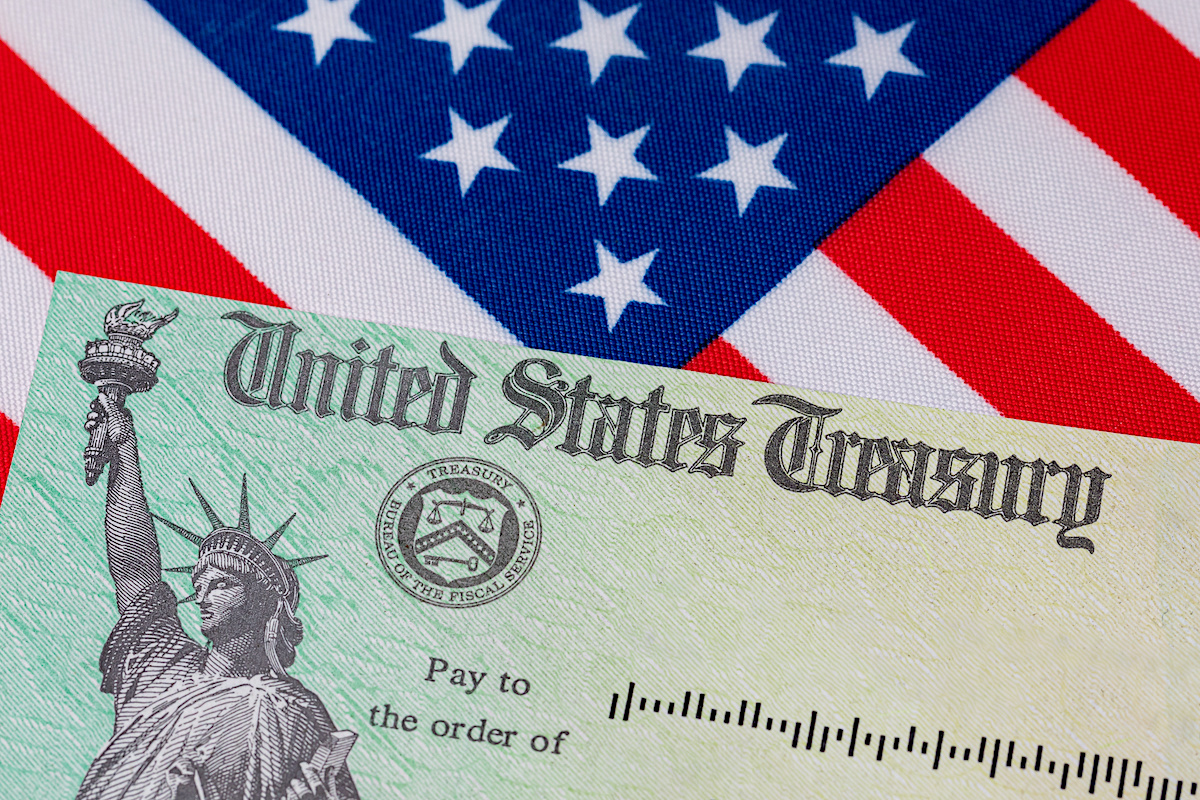
A federal program could provide a $300 or more boost to the unemployment deposits of Georgia residents who are out of work because of COVID-19, but it could take three or four weeks before the money is in Georgians’ hands.
Under the Federal Emergency Management Agency’s Lost Wages Assistance Program, states can provide up to $400 — including $300 from the federal government and an additional $100 from state funds — to eligible residents who receive more than $100 in state benefits. FEMA announced the approval of Georgia’s application Sunday, making it one of 26 states to be approved since Aug. 15.
The funding will allow Georgia to provide $300 per week. Only Kentucky and Montana have committed to providing the additional $100, according to FEMA. States that include the additional $100 can draw money from CARES Act funds or their unemployment trust fund.
President Donald Trump authorized the agency to pay out up to $44 billion to help states cover lost wages from the COVID-19 pandemic.
Payments can be provided retroactively beginning with the week ending Aug. 1 – the day after a $600 weekly payment expired. The new federal measure is set to continue until all $44 billion is paid out, FEMA’s emergency relief fund drops below $25 million or until Dec. 27.
FEMA is working with the Gov. Brian Kemp’s office to get the money paid to out-of-work Georgians.
“This news is truly life-changing for hardworking Georgians in every part of our state, and we deeply appreciate the Trump administration’s leadership to help us provide timely unemployment assistance to families weathering the economic impact of this pandemic,” Kemp said Monday. “I also commend Commissioner (Mark) Butler for his hard work throughout this entire process. In the coming days and weeks, we will continue to work closely with our federal partners to ensure economic stability in every region and protect the lives and livelihoods of Georgians.”
But getting the money to the people who need it will require creating a new system, said Georgia Department of Labor spokeswoman Kersha Cartwright.
“We need to build a system that will meet the requirements of the FEMA-based program,” she said. “This is different than the one we used for (The $600 Federal Pandemic Unemployment Compensation). We will continue programming the new system this week and hope to implement within three to four weeks.”
Some unemployed Georgians say the $300 would make a big difference for them, but others are not holding their breath. Many Georgians didn’t get the first round of increased benefits for weeks as the labor department struggled to retrofit its online portal to a new distribution system.
“I have heard about it, but I haven’t gotten the first $600,” said Gwendolyn Zellars Marshall of Atlanta. “I’ve heard about the $300 and the extra $100 the state is supposed to kick in, but I’m trying to get the first extension of money, so I’m not excited about it.”
Marshall worked in clinical research for drugs and pharmaceutical devices. Her job involved traveling to meet with physicians and researchers in other states. Her last day was April 10. She was supposed to be recalled in July, but that didn’t happen.
“The sites are closed,” she said. “You can’t go out and do a lot of travel, going to different states. It was not local. I had to go on a plane and go elsewhere. The demand is still there, but the opportunity is not because of what the job entails, which is face-to-face meetings.”
Marshall applied for unemployment in April, but she has only heard back once. An employee told her she was not in the system and that she would get another call the next day. That was last week,
Marshall has been living off savings and her husband’s retirement, but that money is dwindling.
“I get nothing but rejection every time I call, and it’s as if it’s falling on deaf ears,” she said. “Nobody cares if I get put out in the street, if I have nothing to eat, no lights on, it’s getting frustrating for me. I’m starting to set up interviews, and I’m probably not interviewing well because I have so much stress on me, and quite honestly, I’d rather go back to work than get unemployment.”







